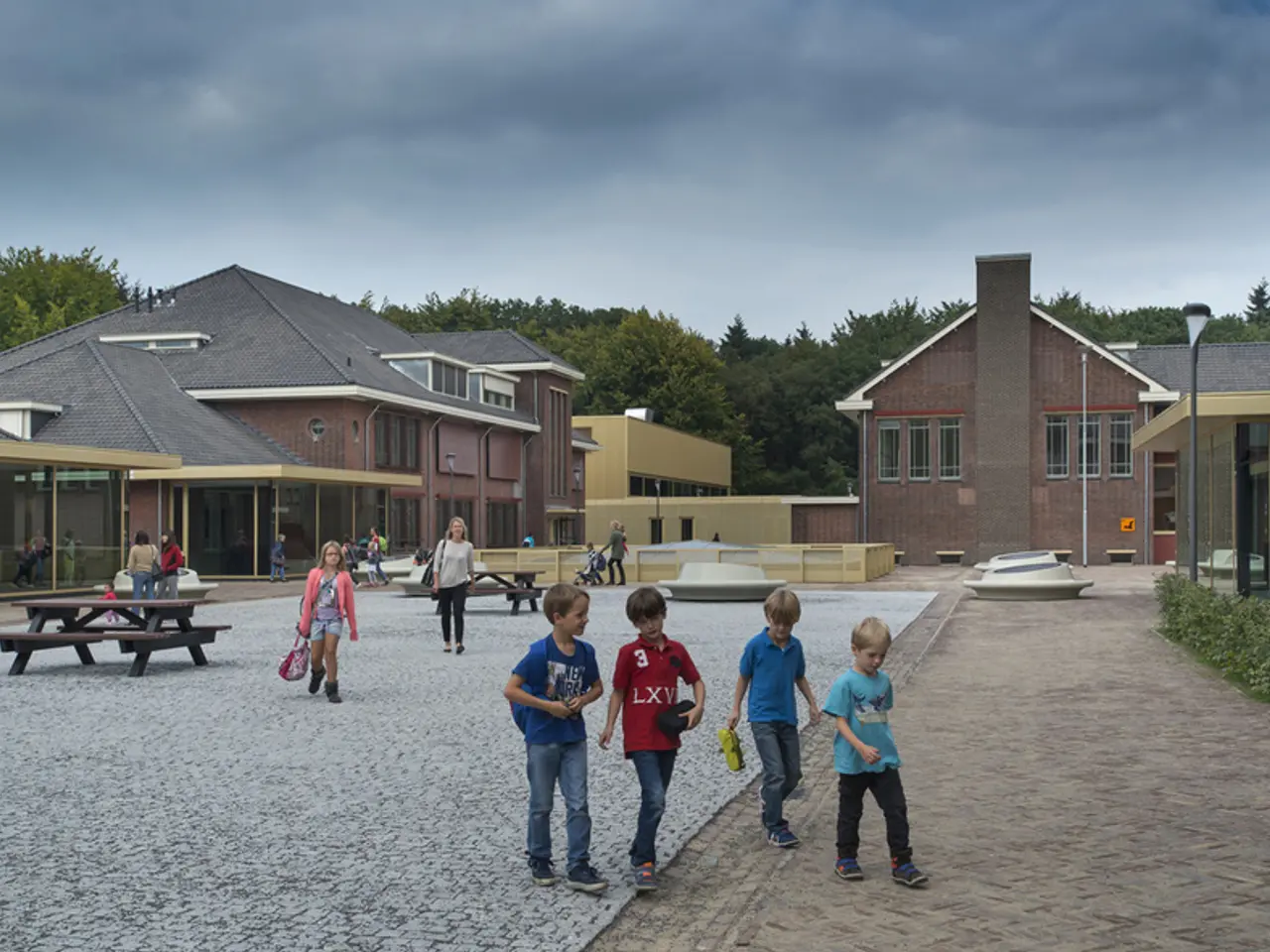Unraveling the Impact of Infrastructure Investments on Housing Markets: A Peek into Germany's Plans
Infrastructure billions potentially delaying residential development progress?
The new "black-red" coalition government, led by Chancellor Friedrich Merz, has set its sights on pumping €500 billion into Germany's infrastructure over the next 12 years. But will this influx of cash spark a construction revolution in the housing sector? Or could it exacerbate existing challenges such as shortages and affordability issues? Let's delve into the merits and pitfalls of this ambitious plan.
The infrastructure package, designed to boost economic growth and address public needs, might indirectly benefit housing construction by enhancing local amenities and services, potentially making areas more appealing for developers and residents. However, the majority of the funds are earmarked for general infrastructure, leaving the housing sector with minimal direct support.
The challenge lies in maintaining fiscal discipline. The government's focus on adhering to the "debt brake" may impede the allocation of funds specifically for housing construction. Analysts have highlighted the need for broader structural reforms to truly tackle the housing market's underlying issues.
Despite these constraints, enhanced infrastructure could trigger a surge in demand for housing in upgraded areas, potentially driving up property values. However, without measures to increase supply, this demand may exacerbate existing housing shortages and affordability issues.
Affordability concerns are another hurdle. Regional governments might oppose tax breaks in infrastructure projects, fearing a loss of revenue that could affect local budget allocations for housing initiatives, potentially limiting the availability of affordable housing options.
Economists argue that although investment is essential, structural reforms are indispensable for tackling the housing market's deeper issues. This includes measures to boost housing supply and improve affordability. Economic growth predictions suggest limited gains in the short term, but potential long-term gains from the investment package.
So, while the infrastructure investments can indirectly support housing construction by improving local conditions, the direct impact on the housing market may be limited unless accompanied by specific housing policies and structural reforms. The future of Germany's housing market lies in a balanced approach that addresses both investment and reform. Let's keep our fingers crossed that the government rises to this complex challenge!
This text was first published on capital.de.
Sources: ntv.de, diw.de, ifo.de, bdi.eu
- Key Topics:
- Infrastructure Investments
- Housing Market
- Black-Red Government
- Fiscal Discipline
- Structural Reforms
- Economic Growth
- The government's employment policy should ensure that the infrastructure investment project creates jobs in the construction sector, addressing the potential labor demand resulting from the development of local amenities and services.
- The lack of direct support for the housing sector in the infrastructure policy necessitates the formulation of a community policy that addresses affordability concerns and facilitates the increase of supply to prevent worsening shortages.




